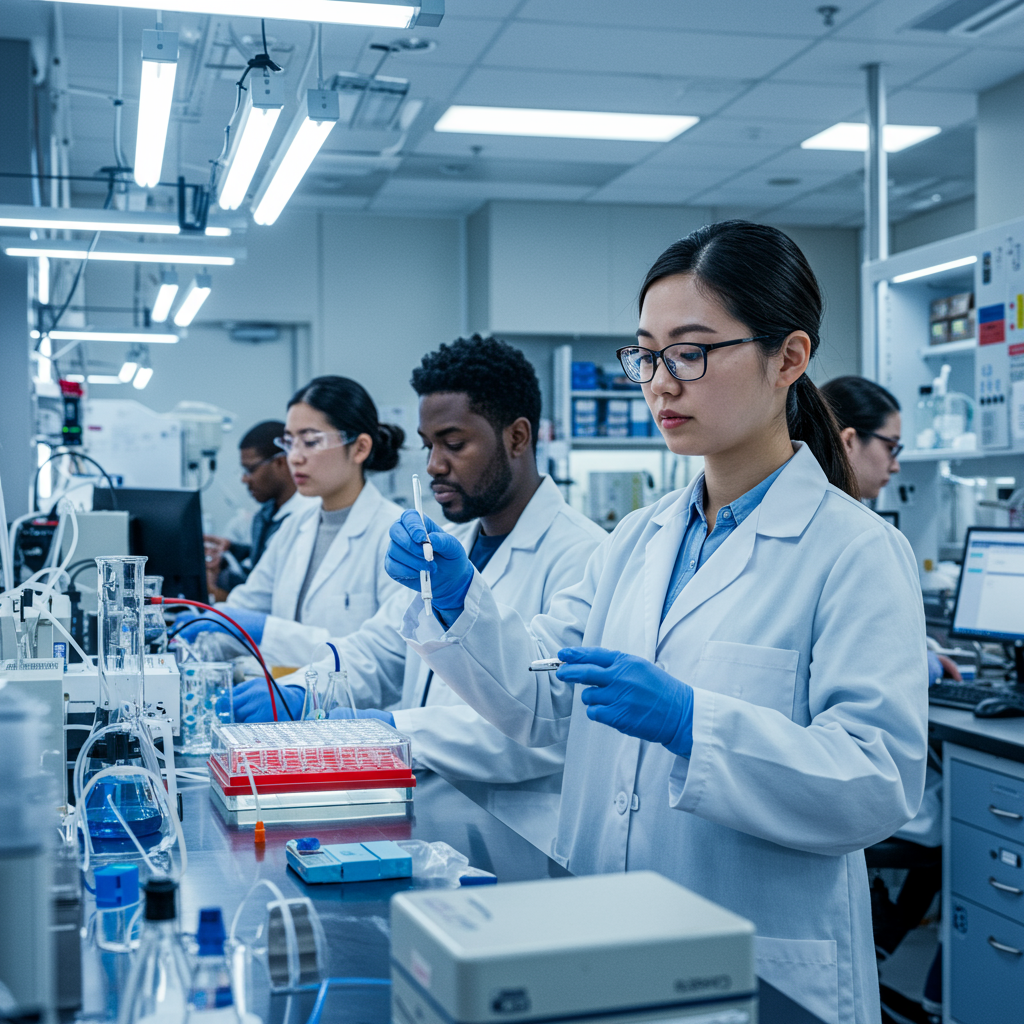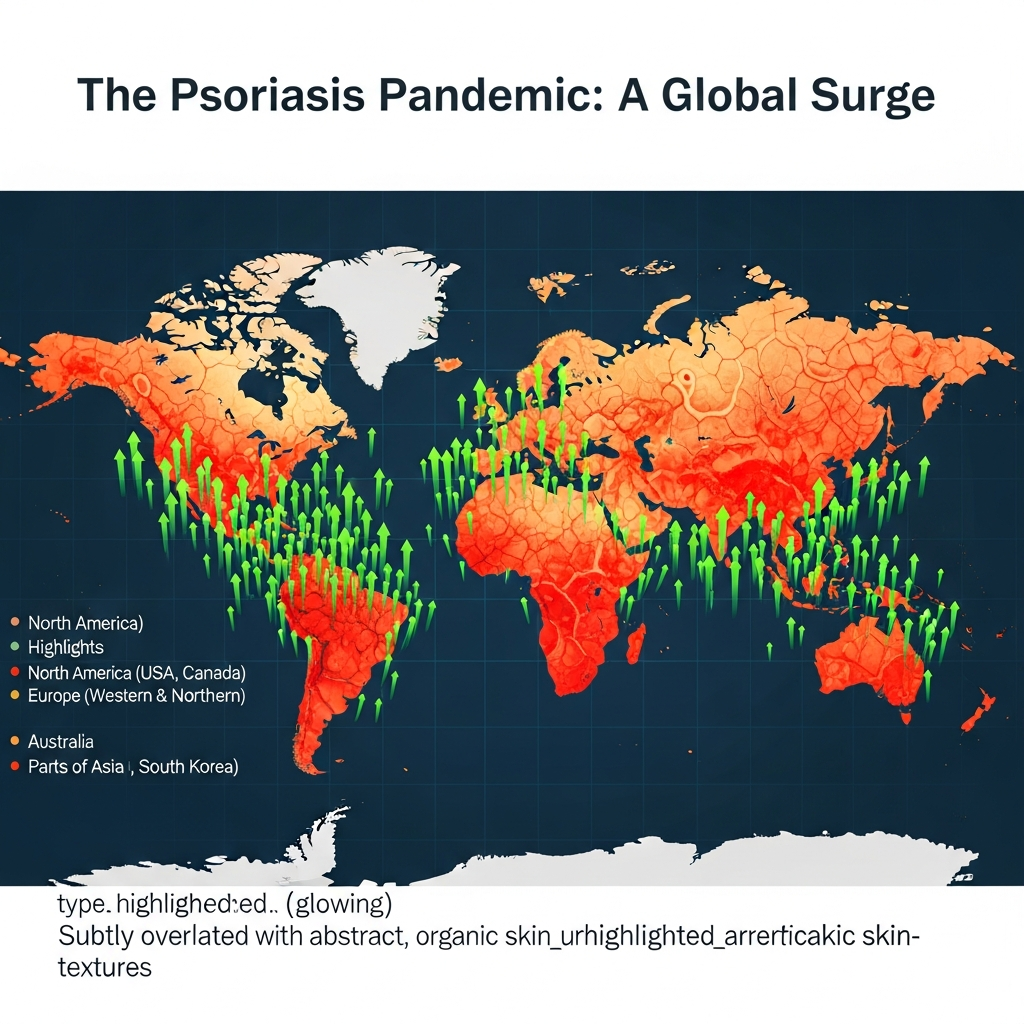A groundbreaking, and potentially controversial, scientific endeavor is underway: the effort to create the fundamental building blocks of human DNA entirely from scratch. This project, believed to be a world first, marks a significant leap beyond simply reading the existing genetic code and aims to synthesize it molecule by molecule.
This kind of research has historically been viewed as taboo, largely due to profound ethical concerns about its potential misuse, including the creation of “designer babies” or unpredictable, potentially harmful changes impacting future generations.
Major Funding Greenlights the Project
Despite the controversy, the world’s largest medical charity, the Wellcome Trust, has provided an initial £10 million grant to launch this ambitious project. The Trust defends its decision by arguing the potential for good outweighs the risks, particularly in accelerating treatments for numerous incurable diseases.
Dr. Julian Sale, involved in the project at the MRC Laboratory of Molecular Biology in Cambridge, described the research as the “next giant leap in biology,” stating that “the sky is the limit.” He envisions future therapies that could improve healthspan, leading to healthier aging with fewer age-related diseases. The research could also pave the way for generating disease-resistant cells to repair or replace damaged organs like the liver, heart, and immune system.
From Reading to Building the Genome
The timing of this project coincides roughly with the 25th anniversary of the completion of the original Human Genome Project. That landmark achievement, also largely funded by Wellcome, focused on mapping and reading the sequence of the roughly three billion DNA base pairs that make up the human genome – much like reading a complex barcode.
DNA, found in nearly every cell of our bodies, carries all the genetic information needed to build and maintain us. It’s composed of just four repeating chemical units: Adenine (A), Guanine (G), Cytosine (C), and Thymine (T), arranged in countless combinations.
The new initiative, sometimes referred to as the Synthetic Human Genome Project, takes this knowledge a monumental step further. Instead of just reading the existing sequence, scientists aim to build parts of – and potentially one day, the entire – human DNA molecule from scratch, base by base.
The initial goal is to develop methods for constructing progressively larger sections of human DNA synthetically, working towards building an entire synthetic human chromosome. Chromosomes house the genes that govern our growth, repair, and overall biological function.
Having the ability to build DNA synthetically offers unprecedented control. Scientists can study and experiment on these created DNA structures to gain deeper insights into precisely how genes and DNA regulate biological processes. Professor Matthew Hurles, director of the Wellcome Sanger Institute (which sequenced a large portion of the original genome), explains that “Building DNA from scratch allows us to test out how DNA really works and test out new theories,” something that is difficult or impossible by only modifying existing DNA within living systems.
Navigating the Ethical Minefield
While the potential medical benefits are vast, critics remain deeply concerned about the technology’s possible misuse. Dr. Pat Thomas of the campaign group Beyond GM warns that even if scientists intend good, the science could be “repurposed to do harm and for warfare.”
The fear is that this technology could open the door for unscrupulous individuals or groups seeking to create enhanced or modified humans outside of ethical guidelines. Professor Bill Earnshaw, a respected genetic scientist, believes that once the capability exists, preventing its misuse becomes extremely difficult. He states, “The genie is out of the bottle,” suggesting that restrictions might be ineffective against determined organizations with access to the necessary technology, potentially leading to the creation of biological weapons, enhanced humans, or even creatures containing synthetic human DNA.
Furthermore, questions arise about the commercialization of such technology. Dr. Thomas highlights concerns about ownership – who would own synthetic body parts or even synthetic people, and who would control the data generated from these creations?
Why Fund Such Controversial Research?
Given these significant risks, the Wellcome Trust’s decision to fund the project was not made lightly. Dr. Tom Collins, who approved the funding, explained the rationale was based on assessing “the cost of inaction.” Recognizing that this technology is likely to be developed eventually by someone, the Trust believes funding it now allows them to attempt development in “as responsible a way as possible” and to actively confront the complex ethical and moral questions upfront.
To address this proactively, a dedicated social science program will run concurrently with the scientific research. Led by sociologist Professor Joy Zhang, this program will engage experts, other social scientists, and crucially, the public, to gather views, discuss potential benefits, and understand their questions and concerns about the technology.
Currently, the scientific work is confined to laboratory settings, such as test tubes and dishes, with no intention of creating synthetic life. However, the sheer ability to build and manipulate human DNA sequences from the ground up represents a powerful new tool in genetic research, offering both immense promise and considerable ethical challenges. As scientists push the boundaries of what’s possible in molecular biology, the societal conversation about how such power should be wielded becomes more critical than ever.




